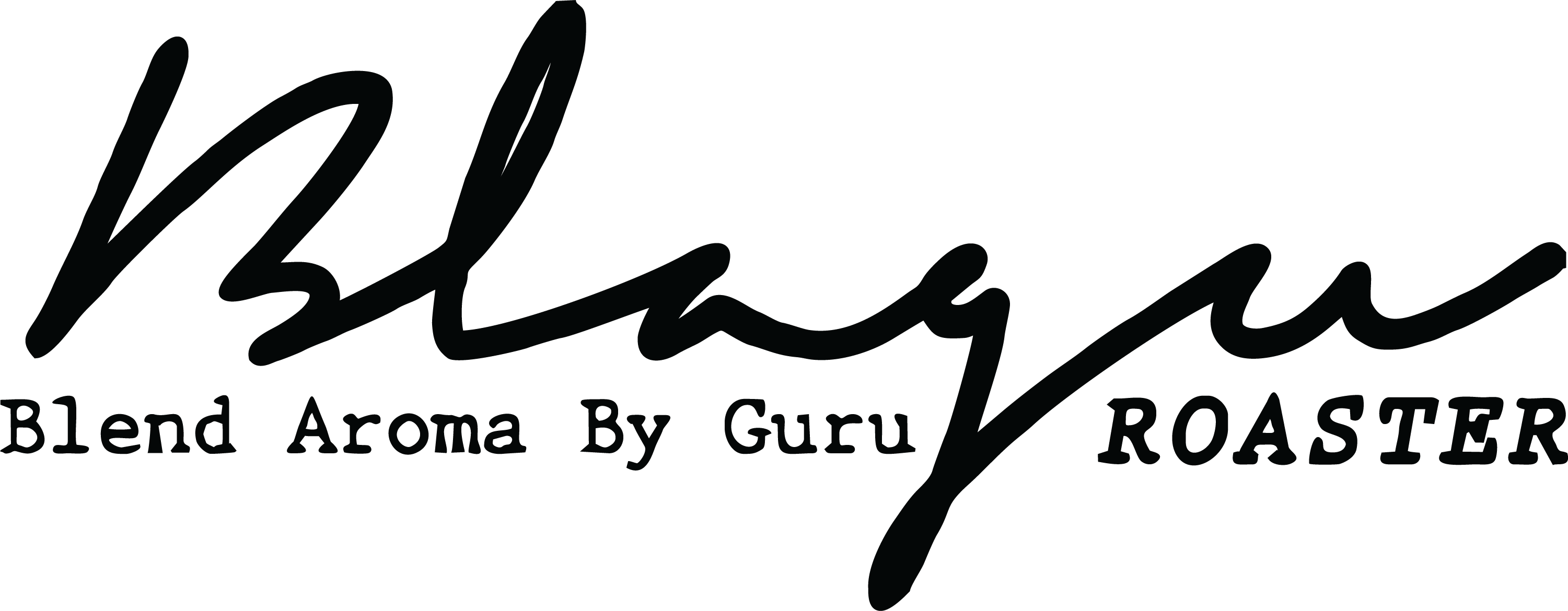Our Source
The first place we came to and experienced at an altitude of 1500m with chilly air and mountain slopes surrounded by botanical population especially pine forest, is also where pine forests spread their arms to protect the green coffee forest. All this information stems from Lam Dong province, Da Lat city. Lam Dong province including some regionals such as Di Linh, Bao Loc, Don Duong, outskirt of Da Lat, especially Cau Dat, which is considered as a resounding paradise of Vietnam Arabica coffee with one of “golden indicators” such as the altitude of 1500m, inherent temperate climate and constant around the year, the maximum temperature in a year can’t exceed 33 degrees Celsius, the minimum temperature fall around 5-degree celsius. This is the region where produces high quality of coffee around the country. The higher terrain, the colder air, the better quality Arabica beans are produced. Cau Dat is 25km from the center of Da Lat in direction of the Southeast, belong to the famous Highlands region of Vietnam. Benefit from the perfect altitude and perfect climate conditions for coffee, which results in high quality and richness in flavor.
The Arabica coffee grown on this place is particularly adapted to the fertile basaltic soil, combined with a temperate climate all year round, sunshine at day and dew at night, all these things are play role in Cau Dat’s coffee process becomes crystallize the essence of the sky and the earth and the important thing that boost Cau Dat become one of the special regions is the ability of pets and disease prevention.
One of the things that create Cau Dat’s popularity compared to other regions of Vietnam is the harvest time, farmers just only pick ripe seeds, not a mass green seeds without selection. Therefore, harvesting time is extended for a long time, perhaps from October of the previous year until February and March of the following year. Due to uniformly selected ripe seeds, the quality will be more assured.
In Vietnam, Robusta coffee output comprises 95% of production, which is one of the products launched in order to serve the customer every cup of coffee every morning all around the world. With outstanding features, double caffeine is much higher than Arabica beans, energetic and rich in taste. We decide to choose it as one of the key domestic products in order to give priority to the world with more quality, nutritious, and higher-value processing methods.
The processing technique by the method “environment-friendly honey” on Robusta coffee beans is one of the processing methods to increase the flavor of the coffee.
Considered as the “honey” method due to the use of sweet viscous layer inside the crust of the coffee to ferment naturally in order to permeate into the green coffee beans, until it has already dried, the paddy coffee beans owned bright yellow like honey while the coffee core has a sweeter taste than normal coffee.
The basic principle of the “honey” method is essential in selecting only ripe seeds when picking. At that time, coffee berries reach the highest sugar level and maximal quality to begin processing. After harvesting sufficient quantities, coffee berries are concentrated to be inserted into the shell milling machine. With the viscous totally or partially sticking to the seeds, they will be spread on the drying rigs exposed to natural sunlight or dried until the seeds reach the moisture content of 12%. The process of making coffee by the honey method is sun-dried with all viscous still attached and still complementary to the sweetness of the coffee. The tasting at the result of honey coffee, in general, is very unique, characterized by its distinct sweetness, the aroma of berries, and the sweet, sourness are significantly enhanced and leading customers to the charming taste and aftertaste in a cup of coffee.
Based on the viscosity on the husks, it is classified into 4 common types:
- White Honey: 10% – 15% of the viscous stocking on the husk.
- Yellow Honey: 15% – 50% of the viscous stocking on the husk.
- Red Honey: 50% – 90% of the viscous stocking to the husk.
- Black Honey: There are 90% – 100% of the viscous stocking on the husk
The quality beans from the farmers, who dedicate wholeheartedly to each coffee berry, are purchased by Blagu to bring natural coffee flavor to customers.
